July 2, 2024 | 16:44 GMT +7
July 2, 2024 | 16:44 GMT +7
Hotline: 0913.378.918
July 2, 2024 | 16:44 GMT +7
Hotline: 0913.378.918
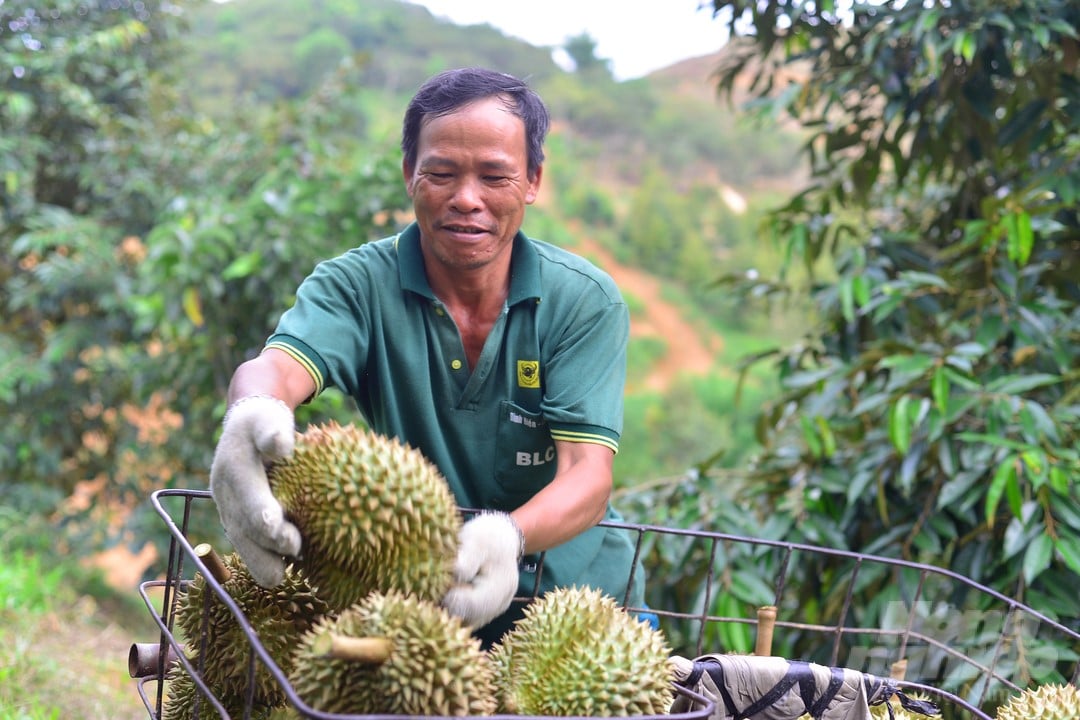
According to the Ministry of Agriculture and Rural Development, the loosening of inspection and supervision at growing areas and packing facilities has increased the number of shipments violating China's regulations. Photo: MH.
On July 21, the Ministry of Agriculture and Rural Development (MARD) sent a document to the People's Committees of provinces and cities on the control of phytosanitary subjects at growing areas, export packing facilities, and border gates.
The MARD has received a number of notices from the General Administration of Customs of China (GACC) related to violations of phytosanitary requirements in shipments of bananas, jackfruit, mango, longan, dragon fruit, and durian exported from Vietnam to the Chinese market.
The loosening of inspection and supervision at growing areas and packing facilities leads to ineffective control of phytosanitary subjects that have gained attention from importing countries, increasing the number of shipments violating China's regulations specifically, even with the risk of losing this important export market.
In order to ensure compliance with regulations, avoid the risk of being imposed strict control measures from China, and effectively and well manage phytosanitary subjects right from the growing areas and packing facilities, the Ministry of Agriculture and Rural Development proposes the People's Committees of provinces and cities to direct local specialized agencies on some contents as follows:
- Allocate sufficient resources to carry out inspection and supervision of growing areas and packing establishments that have been granted codes; strengthen the communication and dissemination of China's regulations as well as technical guidance documents from the Ministry of Agriculture and Rural Development (Plant Protection Department) so that organizations and individuals participating in production and export to China know and comply.
- Direct the Department of Agriculture and Rural Development to strengthen strict control of China’s phytosanitary subjects at growing areas and packing facilities that have been granted codes in the province; require packing facilities to fully implement technical measures to ensure the cleaning of harmful organisms on goods before export; and develop a mechanism to supervise the packaging process at the packing facilities.
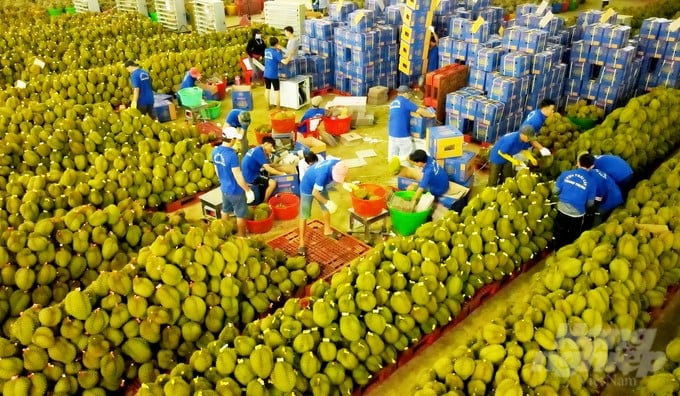
Exporting durian in particular and fruit in general to the Chinese market holds a very important position, so it is necessary to strictly comply with export requirements. Photo: MH.
- As for cases violating phytosanitary regulations, according to the notice from China, the Ministry of Agriculture and Rural Development will suspend the related codes to investigate the cause, thereby applying appropriate remedial measures.
- The Ministry of Agriculture and Rural Development will also apply a measure to suspend the use of planting area codes and packing facilities related to export shipments that do not meet the Chinese side’s requirements and relapse many times.
Previously, according to the agreement between Vietnam and China, to export fresh fruit to the Chinese market, producers and exporters had to comply with regulations on phytosanitary, food safety, and traceability. Shipments from growing areas or packaging facilities without codes granted by the Ministry of Agriculture and Rural Development are not licensed by GACC to import to China. The growing area code is a necessary and mandatory condition to export fruits to China and is also one of the factors for product traceability.
Besides that, if China discovers infected consignments, it may refuse to import them, destroy them, or apply phytosanitary treatment. Meanwhile, the Chinese side will refuse or destroy all fruit imports with residues of pesticides or other toxic substances exceeding China's health and safety standards. At the same time, GACC will immediately notify the Ministry of Agriculture and Rural Development and may suspend imports from that growing area or enterprise to China, or even that kind of fruit from Vietnam, depending on the situation.
The Ministry of Agriculture and Rural Development proposes that the People's Committees of provinces and cities with export border gates direct relevant functional agencies to coordinate with the phytosanitary agency at the border gate to strictly inspect goods according to the regulations of China and importing countries.
Failure to check or ensure compliance with the process can lead to missed cases that do not meet requirements but are still exported. This may lead to the risk of being imposed stricter control measures from the Chinese side and importing countries, even suspending the import of some or all agricultural products from Vietnam.
Translated by Huyen Vu Thu
/2024/07/02/2702-2-092444_464.jpg)
(VAN) Water security is an urgent issue that requires proactive solutions through structural and non-structural solutions adapting to climate change.
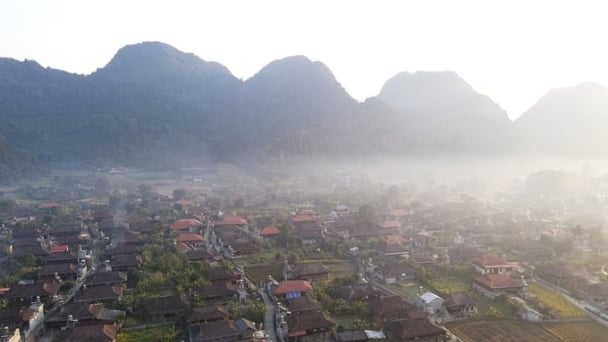
(VAN) This issue was raised by a National Assembly delegate during the morning discussion session on June 28 in the hall, regarding the draft Law on Urban Planning and Rural Planning.

(VAN) The 'Development of Science and Technology Applications, Technology Transfer to Promote Circular Economy in Agriculture by 2030' project has been recently approved by the Prime Minister.
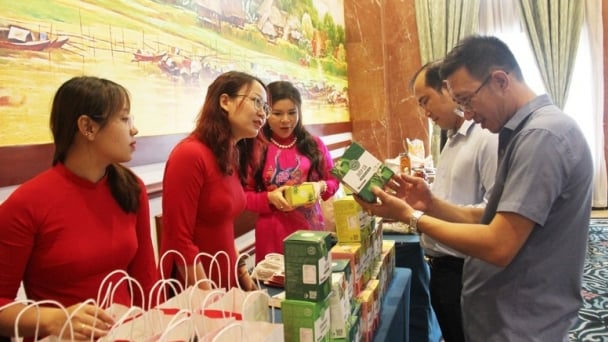
(VAN) In the draft proposal to develop a Decree regulating Halal products and services, the Ministry of Science and Technology proposes 5 main policies to manage and develop Halal products and services.
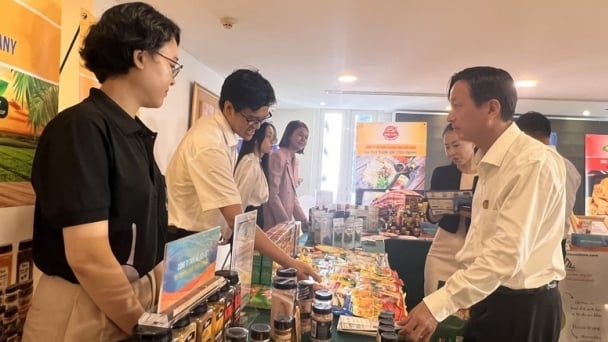
(VAN) The Ministry of Science and Technology proposes developing a Decree regulating the management of Halal products and services to build brands, and promote Halal products and services in Vietnam.

(VAN) The Ministry of Natural Resources and Environment organized a conference to deploy the Law on Water Resources and foster dialogue between relevant parties to use water resources effectively.
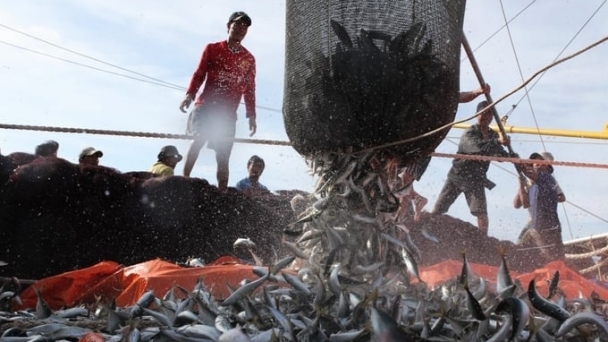
(VAN) Deputy Prime Minister Tran Luu Quang emphasized the importance of strict measures against illegal fishing vessel activities in removing Vietnam's "yellow card" on seafood exports to the EU.